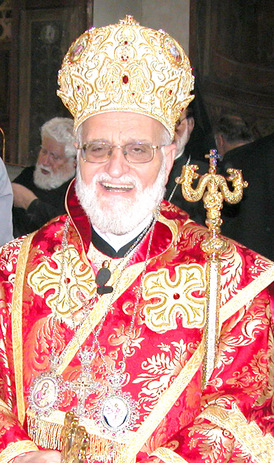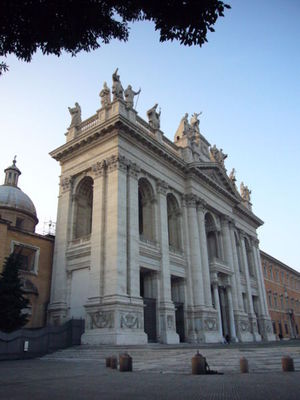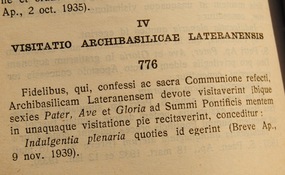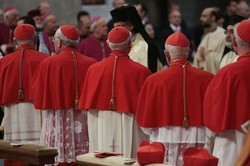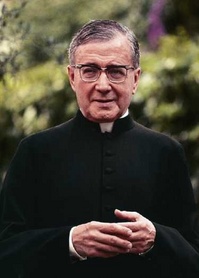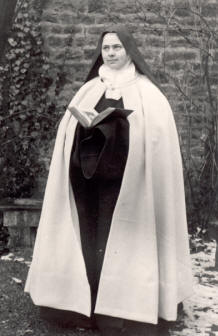A friend sent me this letter of His Beatitude, Patriarch Gregory III addressing the killing and violence inflicted on the Syrian Christian community on October 31 (there’s discrepancy in the letter). His Beatitude is known for straight-talking and this letter indicates that sensibility. Let’s pray for peace in all of our hearts and minds as we pray for our enemies.
Rabweh, 8 November 2010
Christian bloodbath in the Cathedral
of Our Lady of Deliverance, Baghdad
The carnage which took place on Sunday,
November 1, 2010 in the Syrian Catholic Cathedral of our Lady of Deliverance in
Baghdad was of an unprecedented cruelty and barbarity. It was an attack capable
of undermining the good will of genuine bridge-builders between cultures, brave
heroes of inter-religious dialogue, as well as the optimism of the Special
Assembly of the Synod of Bishops for the Middle East.
I offer my sincere
condolences and the assurance of my prayers and those of our Church to His Beatitude
Patriarch Ignace-Joseph III (Younan), to His Eminence Cardinal Emmanuel III
(Delly) and to all those who are broken-hearted at this crime.
We know that
this criminal act is not the work of authentic Islam, and cannot be based on
it. Despite that, we hold Muslims in Iraq and in all Arab countries to be
responsible for Christian security, since they have power, and control the army
and police force.
We urge Arab countries to study the reality of fundamentalist
terrorism and the trends that feed on it. This is a global Islamic
responsibility, because showing Islam under that guise is a disfigurement of
authentic Islam. The real enemies of Islam and Muslims are neither
“Islamophobia” nor “Christian Europe,” but rather these fundamentalist organisations
and trends.
They are also the enemies of Christianity and of every Christian
and Muslim social and human value, whether Arab or not.
Christians are
peaceable, patriotic, loyal, faithful to their homeland and countries, tolerant
and naturally inclined to forgiveness. But they are not passive, cowardly,
timid, any more than they are inclined to be humiliated. They are not sheep,
designed to be slaughtered by fundamentalists. Christians are builders of
values, nations and cultures, including Islamic culture itself.
If Muslims do
nothing to safeguard this creative strain represented by Arab Christians in
Iraq and throughout the Middle East, the prosperity and drive of Islamic
culture will be in danger of collapse, and Muslims will then be their own worst
enemies, enemies of their faith and of their countries.
Dear Muslim and
Christian Arab brothers, let us adopt a unifying way of talking and act
together to build a better future for all our children and compatriots!
Gregorios
III
Patriarch of Antioch and All the East of Alexandria and of Jerusalem
